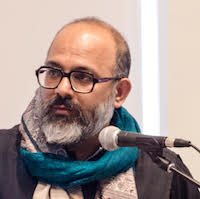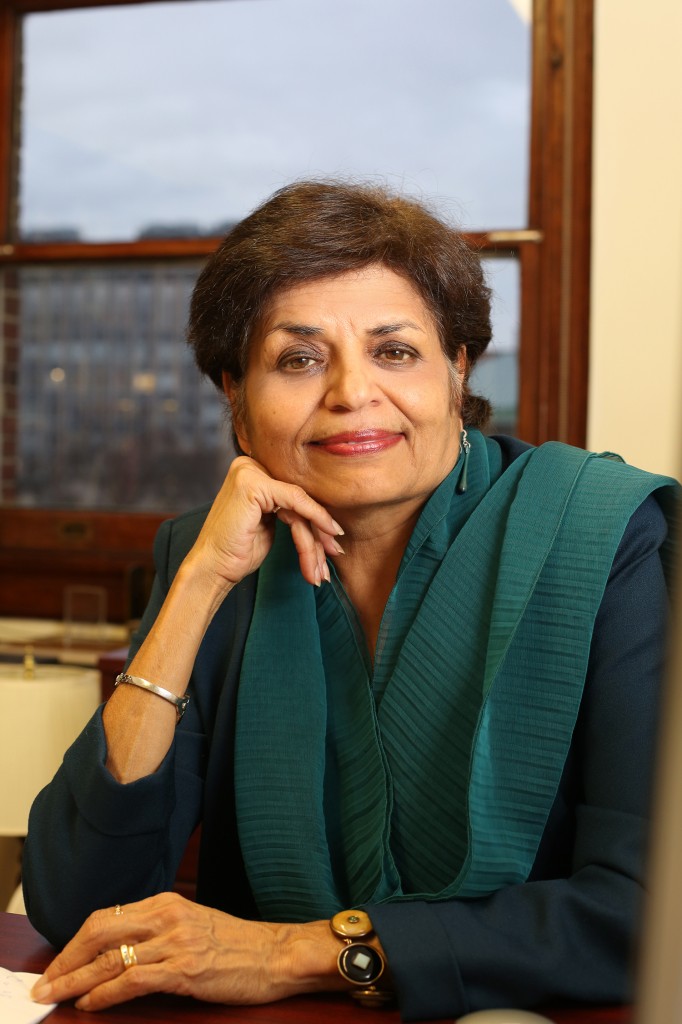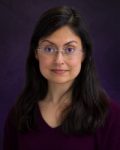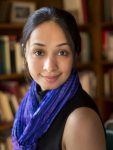A panel discussion with CGT Member Manan Ahmed (History) on his new book,
The Loss of Hindustan: The Invention of India
Friday, January 29, 10:10am – 12:00pm
Panelists:
Vishakha N. Desai (Chair, Committee on Global Thought)
Purnima Dhavan (History, University of Washington)
Ayesha Ramachandran (Comparative Literature, Yale University)
Co-sponsored by the Committee on Global Thought, the Heyman Center for the Humanities, and the Institute for Social and Economic Research and Policy



 Ayesha Ramachandran
Ayesha Ramachandran